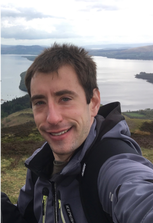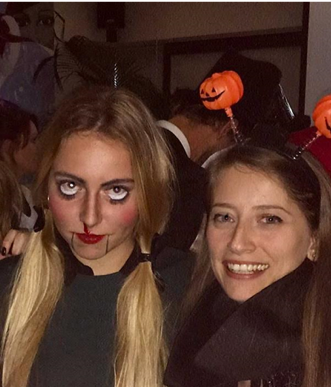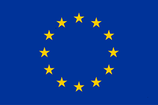 Lukas Markwalder Nationality: Swiss Work Institution: University of Dundee, Scotland Research Interest: Biomedical engineering Tea or Coffee?: A cup of tea please! Hi, my name is Lukas and I am an engineer from Switzerland. Right now, I am pursuing my PhD degree at the University of Dundee in Scotland. In this blog I want to give an insight about my professional background and how this influenced my decision to work on a biomedical project as a mechanical engineer. This shall be a report from an early-stage researcher to young adults taking the next step after the studies at the university. And I might have included a few cultural spoilers and interesting facts about countries…
Introduction
When people think about PhDs they directly think about academia. And rightly so, a PhD is by definition a “title conferred by the highest university degree” (Britannica, 2019). Just like any degree, a PhD is directly linked to the institution that confers the title regardless of whether the project is developed in institutions outside the academic environment. However, nowadays there exist scholarship schemes which require the involvement of partners unrelated to academia. An example of such is our iPLACENTA project which is part of the Marie Sklodowska-Curie Actions (MSCA) Innovative Training Networks (ITN). Innovative Training Networks foster the collaboration of beneficiaries (institutions which host PhD students) from academia as well as the non-academic sector (in iPLACENTA’s case: universities, clinical research institutions and industry). Even if ITNs have been around since 2014 [1], not many people know about this interdisciplinary form of PhD. As we are both enrolled in this type of PhD, this blog is an opportunity to share our personal experiences of Early Stage Researchers in the private sector, and, specifically, what it means to be one at Mimetas. Chapter after chapter, we will explore the life-enriching experience that is doing a Ph.D. outside the academic world. |
About the blogBeing a PhD student in a European training network is a life-changing adventure. Moving to a new country, carrying out a research project, facing scientific (and cultural) challenges, travelling around Europe and beyond… Those 3 years certainly do bring their part of new - sometimes frightening - but always enriching experiences. Categories
All
Archives
December 2021
|



 RSS Feed
RSS Feed

27/11/2019
1 Comment